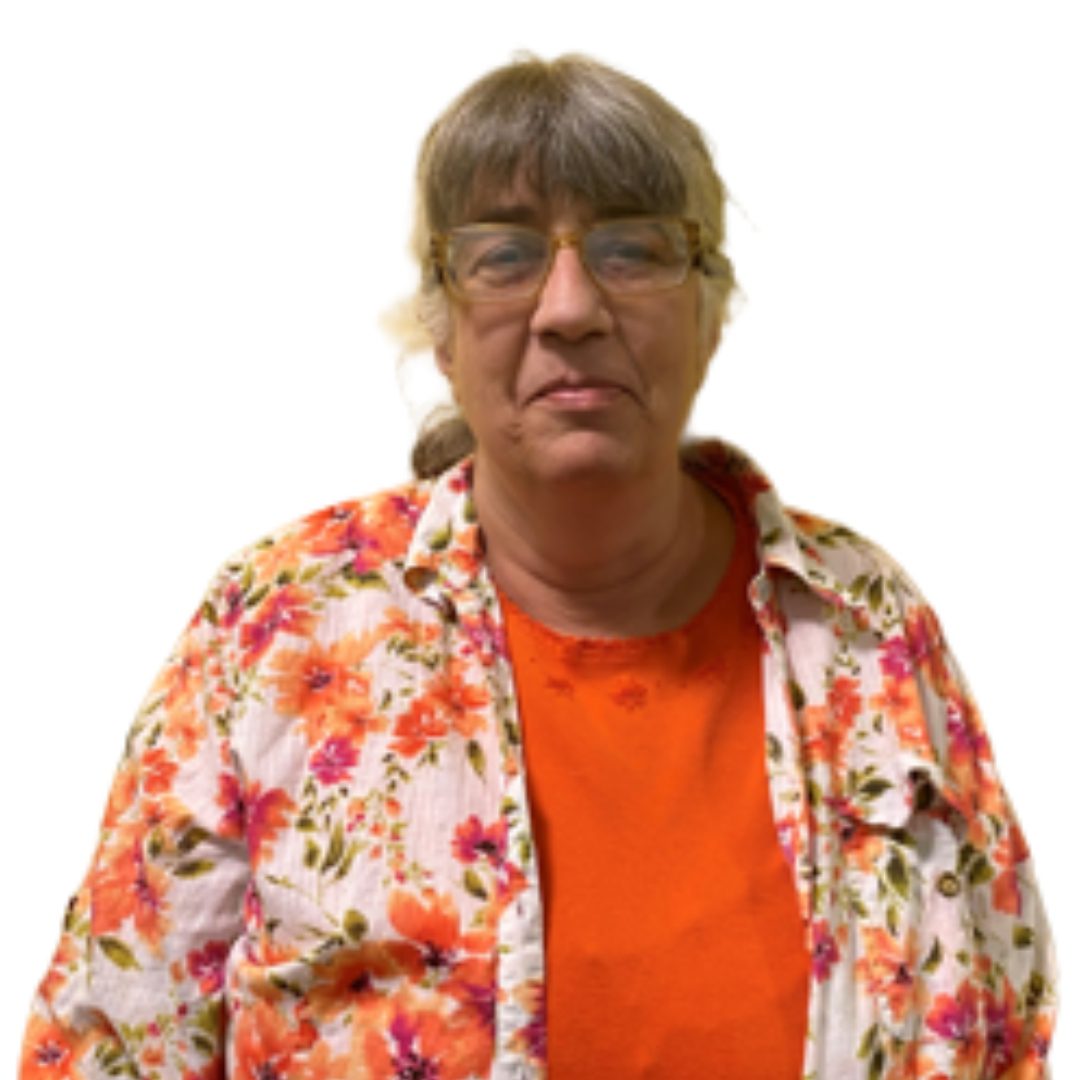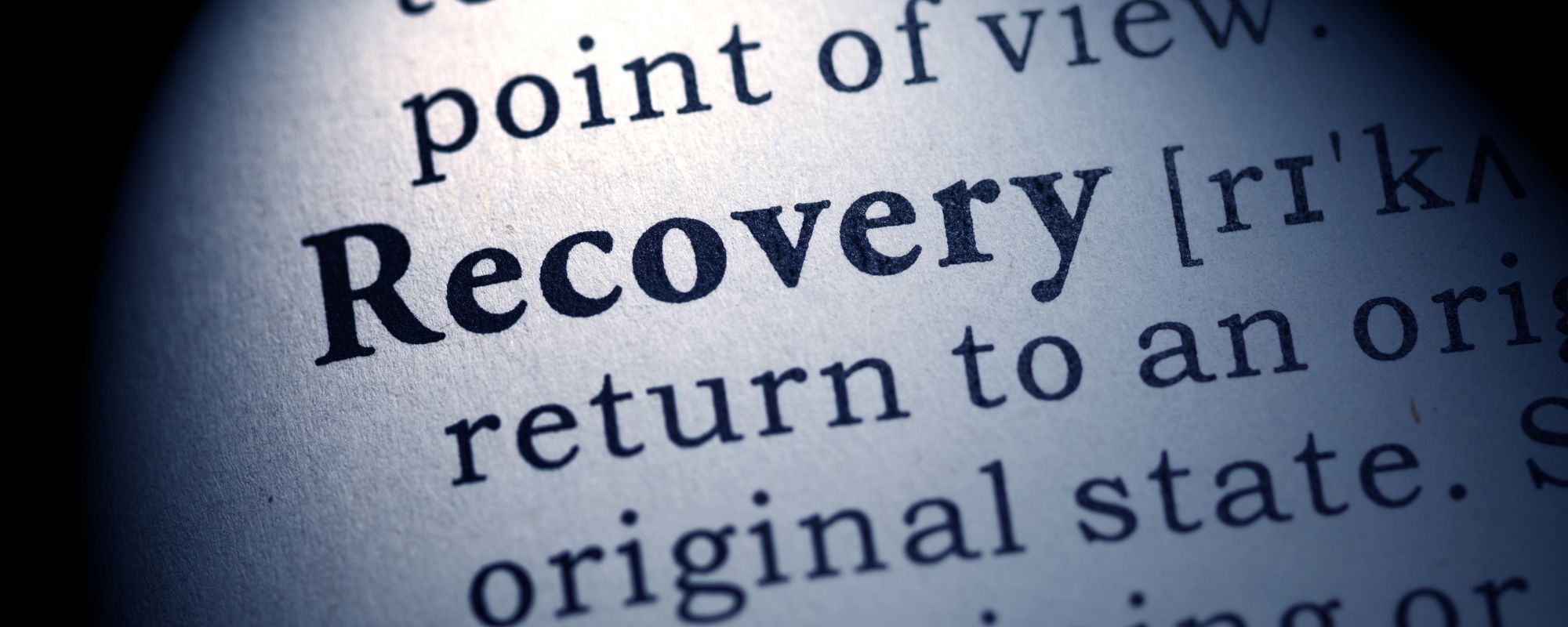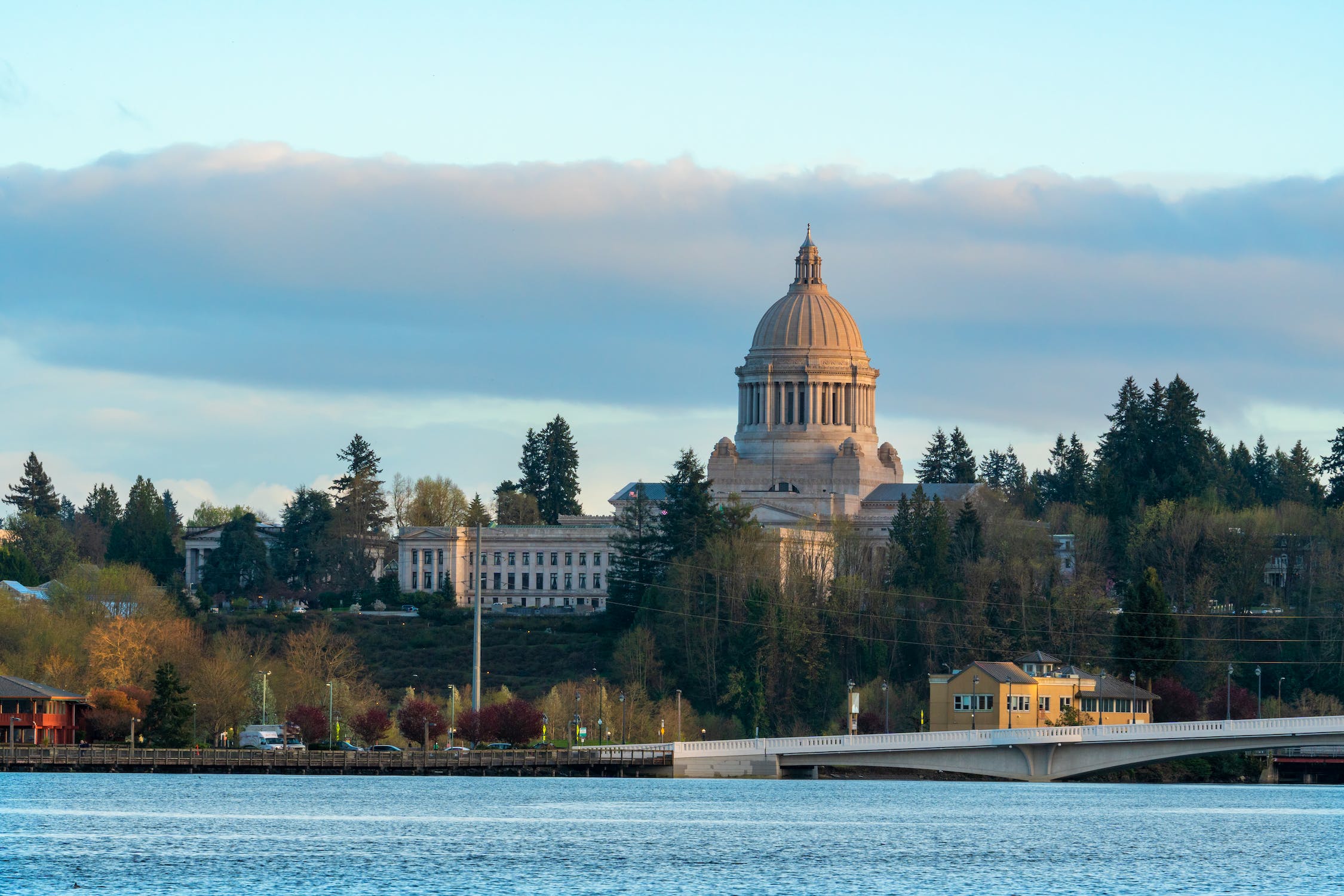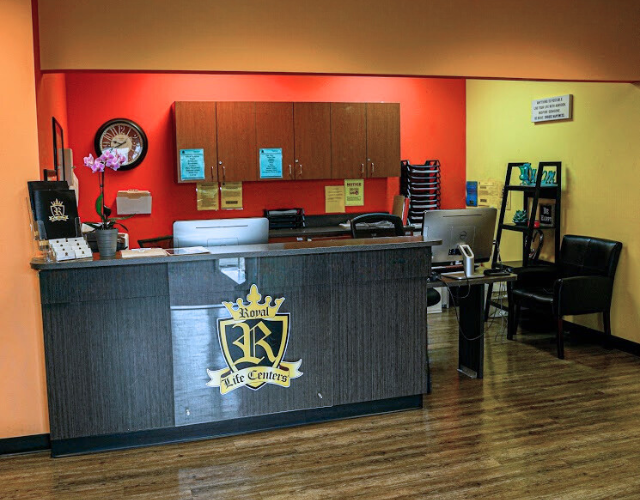Heroin is one of the most dangerous and addictive drugs in the world. Despite its devastating effects, it remains widely available and commonly used in various forms. To hide its use or avoid detection, users and dealers often refer to heroin using a range of heroin street names. Whether you’re a parent, teacher, healthcare provider, or just someone trying to stay informed, understanding these terms can help you recognize the signs of heroin use and take action when needed.
Royal Life Centers can help anyone recover from drug abuse and move on to a happy and sober life free from heroin.
Common Heroin Street Names
Heroin street names can vary based on region and are sometimes used to disguise the substance during transactions. There are also slang terms related to use methods or mixtures (e.g., speedball: a mixture of cocaine and heroin).
Here are some common street names for heroin:
-
Smack
-
H
-
Dope
-
Junk
-
Brown Sugar
-
Horse
-
Skag
-
China White (typically refers to high-purity heroin or heroin mixed with fentanyl)
-
Black Tar (a less pure form, common on the West Coast)
-
Boy
-
White
-
Snow
-
Mud
-
Dragon (e.g., “Chasing the dragon”)
-
Diesel
-
Beast
-
Hero
-
Tina (though this can also refer to methamphetamine, depending on the region)
If someone you know is using these terms, it may be a sign that they are experimenting with heroin or other drugs.
Regional Variations and Evolving Slang for Heroin
It’s important to note that heroin street names can vary depending on the city, region, or even the social group. What’s called “Skag” in one place might be referred to as “Boy” or “Diesel” somewhere else. Slang evolves quickly, especially online, making it critical for parents, professionals, and law enforcement to stay current.
Why Knowing These Names Matters
Recognizing heroin slang can be a powerful tool for:
-
Early intervention – noticing risky conversations or behavior patterns
-
Preventing overdose – identifying possible heroin use before it escalates
-
Helping someone seek treatment – opening the door to honest conversations about drug use
Heroin addiction can lead to severe health consequences, including overdose, collapsed veins, organ failure, and death. But with education, awareness, and compassionate treatment, recovery is possible.
The Dangers of Heroin Use
Heroin use comes with serious, often deadly risks:
-
Overdose – Heroin slows breathing and heart rate; an overdose can cause coma or death
-
Fentanyl-laced heroin – Many heroin batches are cut with synthetic opioids like fentanyl, which is up to 50 times more potent.
-
Infectious diseases – Sharing needles increases the risk of HIV, hepatitis B and C, and other infections.
-
Collapsed veins and organ damage – Chronic use damages the body from the inside out
Why Is Heroin So Addictive?
Heroin binds to the brain’s opioid receptors, which control pain, pleasure, and reward. Repeated use rewires the brain’s chemistry, making it extremely difficult to feel good—or even normal—without the drug. Over time, the body becomes physically dependent, and painful withdrawal symptoms make it nearly impossible to quit without help.
Reach Out for Help With Addiction and Co-Occurring Mental Health Disorders
Are you struggling with substance abuse and mental illness?
Royal Life Centers at the Haven Detox is here to help you recover. Because We Care.
Treatment for Heroin Addiction
Recovery from heroin addiction is absolutely possible with the right treatment plan. Common approaches include:
Medical Detox
Supervised withdrawal with medications like buprenorphine or methadone to ease the symptoms and cravings of heroin detox.
Inpatient Residential Rehab
24/7 structured care with therapy, support groups, and relapse prevention planning.
Outpatient Programs
Flexible treatment for those who need to maintain work, school, or family commitments.
Therapy and Counseling
Cognitive Behavioral Therapy (CBT), trauma therapy, and group counseling to address the root causes of addiction.
Support Groups
Programs like Narcotics Anonymous (NA) offer peer support and accountability throughout recovery.
Find Professional Heroin Addiction Treatment
Heroin addiction is overwhelming, but it is not a life sentence. With professional treatment, support, and a strong recovery community, individuals can break free from the grip of heroin and reclaim their lives. Whether you’re struggling with addiction yourself or concerned about someone you love, reach out—help is available, and healing can begin today.
Our Pacific Northwest drug and alcohol rehabilitation center treats dependence on alcohol, benzodiazepines, opioids, methamphetamines, cocaine, and other mind-altering drugs. The Haven’s inpatient drug and alcohol programs in the Olympia, Washington area are complete with a long-term treatment program, outpatient treatment, and sober living just across the street. We are fully licensed in the state of Washington, and all of our facilities hold multiple nationally recognized accreditations. Guests and their families can rest assured that their loved one is in good hands; we are one of the safest, most qualified detox centers in the country.

Emer Simpson, SUDP Medical Reviewer
Emer Simpson, SUDP, provides her clinical expertise to review and approve all content appearing on our blogs. In her role as a Substance Use Disorder Professional (SUDP), Emer has over 10 years of experience working in the field of addiction and recovery.
- How Washington State Rehabilitation Centers Can Transform Your Life - January 26, 2026
- How Washington State Rehab Centers Support Long-Term Recovery - January 19, 2026
- Xanax Rehab in Washington State: Where to Get Help - January 12, 2026


















